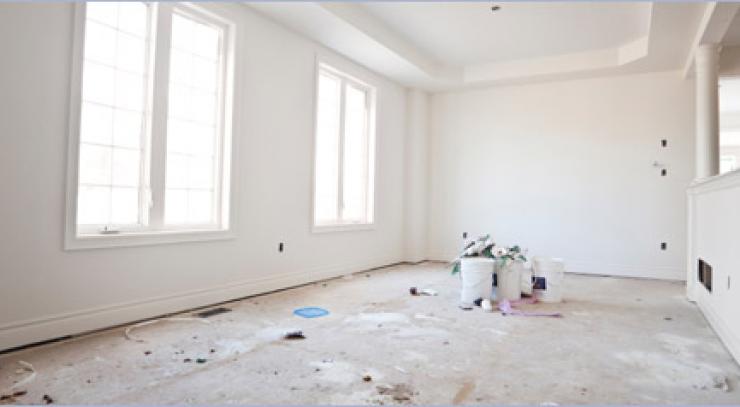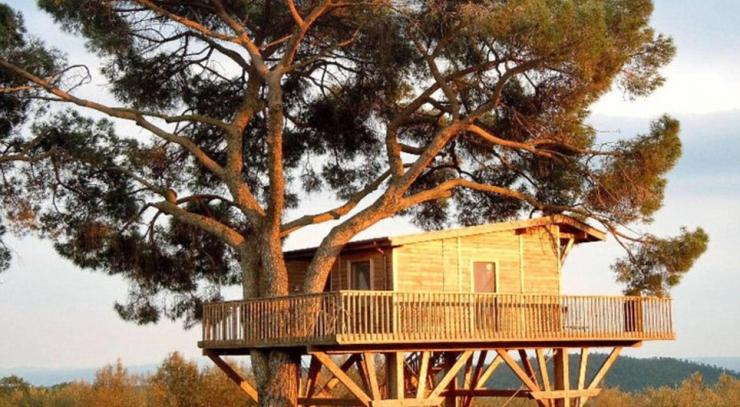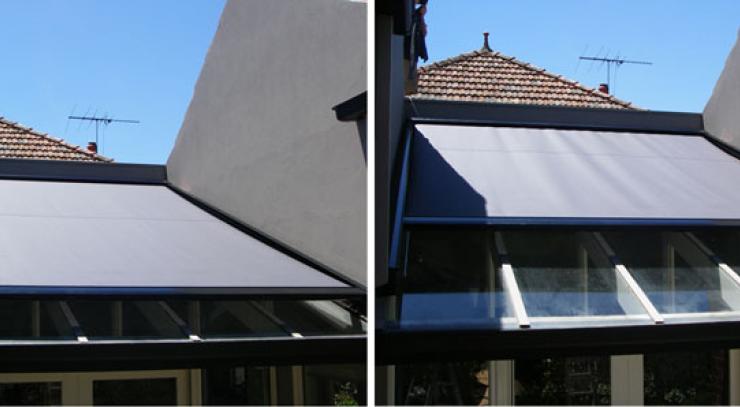
credit: StoneDepot.com.au
Architecture is constantly evolving. There are new developments in internal walling, flooring, and landscaping. Those times are long gone when we believed that having simple driveways was our only choice. You can make your driveway, i.e. the entrance of your place in a variety of ways. One of the most profound changes has been made to the design of areas with natural stones.
One such choice that enables you to paint a work of visual art on the flooring is cobblestones. You can implement a wide range of ideas and styles using the various cobblestone colours and textures. The application enhances a structure's durability, efficacy and safety. It transcends beauty. As a result, given the increased knowledge of and desire for sustainability in building, the cobblestone sector is developing in a way that promotes quality and innovation.
Let’s dive in and read more!
What is Cobblestone?
In today's world, the term "cobblestone" has taken on various meanings, but its actual definition is small natural stones that are used for paving. Although they can consist of other stones or a combination of stones like Limestone, Basalt, or other natural stones, they are typically composed of Granite.
Although concrete can be used to make pavers that resemble cobblestone, some paving companies will refer to their concrete bricks as cobblestones; nevertheless, this is informal. Concrete is not a natural stone.
Most people utilise cobblestone paving because of its attractive appearance. Many people find the distinctive appearance of a cobblestone driveway to be appealing. This is the primary justification for selecting cobblestone over manufactured brick in a debate: the natural stones appear more genuine.
Naturally, some people decide to go with a cobblestone and brick driveway, using both materials in a way that enhances each other. Those who don't want to pay for actual stones can also choose a driveway made of faux cobblestones.
Though the name "cobblestone" has evolved to refer to any natural paving stone, paving cobblestones are typically circular in shape. But there is a kind of cobble pavement that makes use of shaped blocks. Belgian blocks are a type of cobblestone brick paver that have the advantage of being simpler to install than round cobblestone pavers due to their more uniform size and shape.
The Cobblestone Pavement's History
Cobblestone paving has been around for more than two millennia. Cobblestones were frequently used on Roman roadways, particularly in the busier sections of the city. These roads were durable in a range of conditions and gave horses superior traction.
The 19th century saw the heyday of cobblestone roadways, especially in Europe and the Americas. These stones were a plentiful and natural resource that were frequently obtained from riverbeds. The cobblestones were frequently covered in contemporary asphalt as metropolitan areas grew, but many streets have been conserved or rebuilt and now serve as historical reminders of bygone eras.
Pros of Using Cobblestone Pavement
The longevity of cobblestone is among the factors that make it so popular. Centuries-old roadways have been constructed using natural cobblestone pavers for cobblestone block paving.
Pavers with a cobblestone appearance are also naturally lovely and have a distinct, vintage appeal. For this reason, a lot of individuals decide to construct a little sidewalk or driveway made of curved cobblestone stones.
Cobblestone pavers can be utilised with concrete, asphalt, permeable pavement, and other materials to make a hybrid cobblestone concrete driveway or another kind of contemporary cobblestone driveway, for individuals who merely like the look. A cobblestone driveway also needs very little upkeep, other than the occasional weed-pulling and spray-down.
Cons of Using Cobblestone Pavement
The expense per square foot is the primary disadvantage of utilising cobblestone driveway pavers. The price of cobblestone varies based on its size, shape, and type, and can range from $10 to $20 per square foot.
In addition to the cost of materials, the cost of DIY granite cobblestone driveway construction will be an additional $10 per square foot. However, the cost of cobblestone installation can range from $40 to $75 per square foot if you hire professionals to handle the work.
When comparing the cost of cobblestone to other common materials, it is generally the most expensive. Although the cost is somewhat higher, over time the cheap maintenance expenses associated with cobblestones will offset some of the difference.
Additionally, the cost of cobblestones might vary, particularly if cement or sand is used in between the stones. Sand might wear away and need to be refilled, while mortar can break and need to be reapplied. The cost will increase somewhat due to these two materials.
Installation Process of Cobblestones
Paving with cobblestones requires careful installation. It contains:
- Crushed gravel to prepare the base.
- Firmly arranging the cobbles in a row. Depending on the intended appearance, they can be arranged randomly or in a pattern.
- Then, to add stability, sand or fine gravel is brushed into the spaces.
- The passage gets stronger with time because of the settling process.
The Bottom Line is
Cobblestones for driveways are among the most well-liked options among Sydney, Australia, homeowners for all the reasons. Whenever possible, dual-purpose interior design elements should be included. They mostly enhance the aesthetic attractiveness of your house. Secondly, they contribute vital dependability, extending the life cycle. Using the right materials and textures, you may give your house the exact appearance you desire. Stone Depot is one of the most well-known wholesalers in the market and your greatest choice for excellent natural stone cobblestones for various applications. If you have any questions, just fill out their contact form; they will take care of the rest.






















